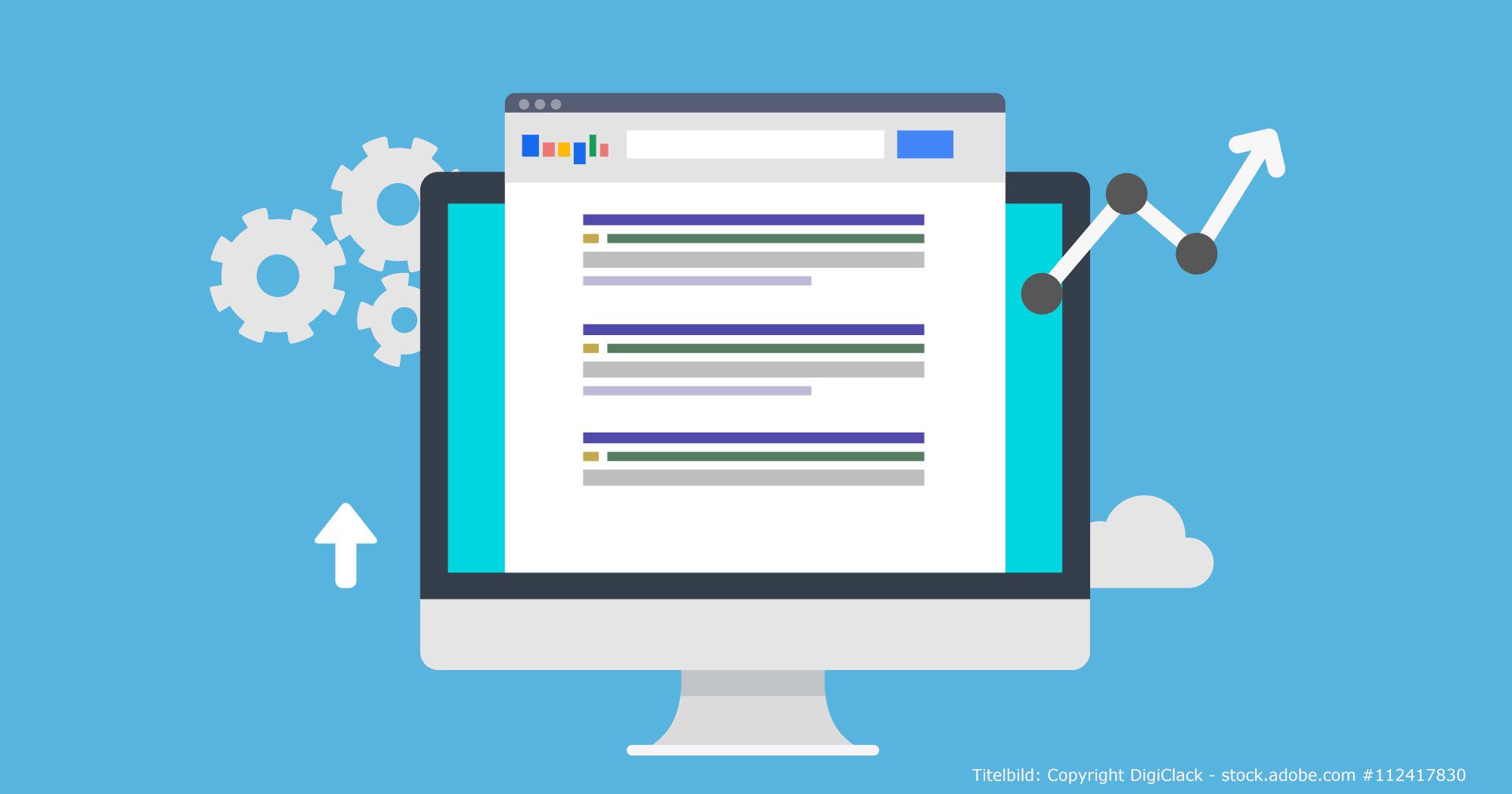 How to Measure the Success of Your SEO Strategy
How to Measure the Success of Your SEO Strategy
Search engine optimization (SEO) is a crucial aspect of any successful website. It involves optimizing your site to rank higher in search engine results, driving more organic traffic and increasing visibility. But how can you track and measure the performance of your SEO efforts? In this article, we will discuss the key metrics you should be monitoring to evaluate the success of your SEO strategy.
Organic traffic is one of the most important metrics to track when measuring SEO performance. It refers to the number of visitors that come to your website through organic search results on search engines like Google, Bing, and Yahoo. By monitoring changes in organic traffic over time, you can assess the impact of your SEO efforts on driving more visitors to your site.
To track organic traffic, you can use tools like Google Analytics or SEMrush. These tools provide detailed insights into the sources of traffic to your website, including organic search. By analyzing organic traffic data, you can identify trends, patterns, and areas for improvement in your SEO strategy. For example, if you notice a decline in organic traffic, you can investigate what might have caused it and take appropriate measures to address the issue.
Another important metric to track for SEO performance is keyword rankings. Keywords are the terms and phrases that users type into search engines to find relevant information. By tracking the rankings of your target keywords, you can see how well your website is performing in search results for those specific terms.
Tools like SEMrush, Ahrefs, and Moz offer keyword tracking features that allow you to monitor the rankings of your target keywords over time. By regularly checking your keyword rankings, you can identify opportunities to optimize your content and improve your website’s visibility in search results. For example, if you notice that a particular keyword is consistently ranking low, you can adjust your content strategy and make improvements to increase its visibility.
Backlinks are another crucial factor in SEO performance. Backlinks are links from other websites that point to your site. They are seen as a vote of confidence by search engines and can significantly impact your website’s rankings. By tracking your backlink profile, you can assess the quality and quantity of backlinks pointing to your site.
Tools like Ahrefs and Majestic SEO provide insights into your backlink profile, including the number of backlinks, referring domains, and anchor text distribution. By monitoring your backlink profile, you can identify opportunities to acquire new backlinks, disavow toxic links, and improve your website’s authority in search engines. This can lead to higher rankings and more organic traffic.
Page load speed is another critical metric to track for SEO performance. Search engines like Google consider page speed as a ranking factor, and a slow-loading website can negatively impact your rankings in search results. By monitoring your website’s page load speed, you can identify areas for improvement and optimize your site for better performance.
Tools like Google PageSpeed Insights and GTmetrix can help you analyze your website’s page load speed and provide recommendations for optimization. By implementing these recommendations, you can improve user experience, reduce bounce rates, and boost your website’s rankings in search results. This, in turn, can lead to more organic traffic and better SEO performance.
Conversion rate is the percentage of visitors to your website who take a desired action, such as making a purchase, signing up for a newsletter, or filling out a contact form. By tracking conversion rates, you can measure the effectiveness of your SEO efforts in driving valuable actions on your site.
Tools like Google Analytics and SEMrush offer conversion tracking features that allow you to monitor the performance of your website’s conversion goals. By analyzing conversion rate data, you can identify high-performing pages, optimize conversion funnels, and improve the overall effectiveness of your SEO strategy. For example, if you notice that a particular page has a low conversion rate, you can analyze the page’s content and design to identify areas for improvement.
In conclusion, tracking and measuring SEO performance is essential for optimizing your website’s visibility and rankings in search results. By monitoring key metrics like organic traffic, keyword rankings, backlink profile, page load speed, and conversion rate, you can gain valuable insights into the effectiveness of your SEO efforts and make data-driven decisions to improve your website’s performance.
Remember to regularly review and analyze these metrics to identify trends, patterns, and areas for improvement in your SEO strategy. By staying informed and proactive in tracking SEO performance, you can drive more traffic to your website, increase conversions, and achieve long-term success in search engine optimization.
